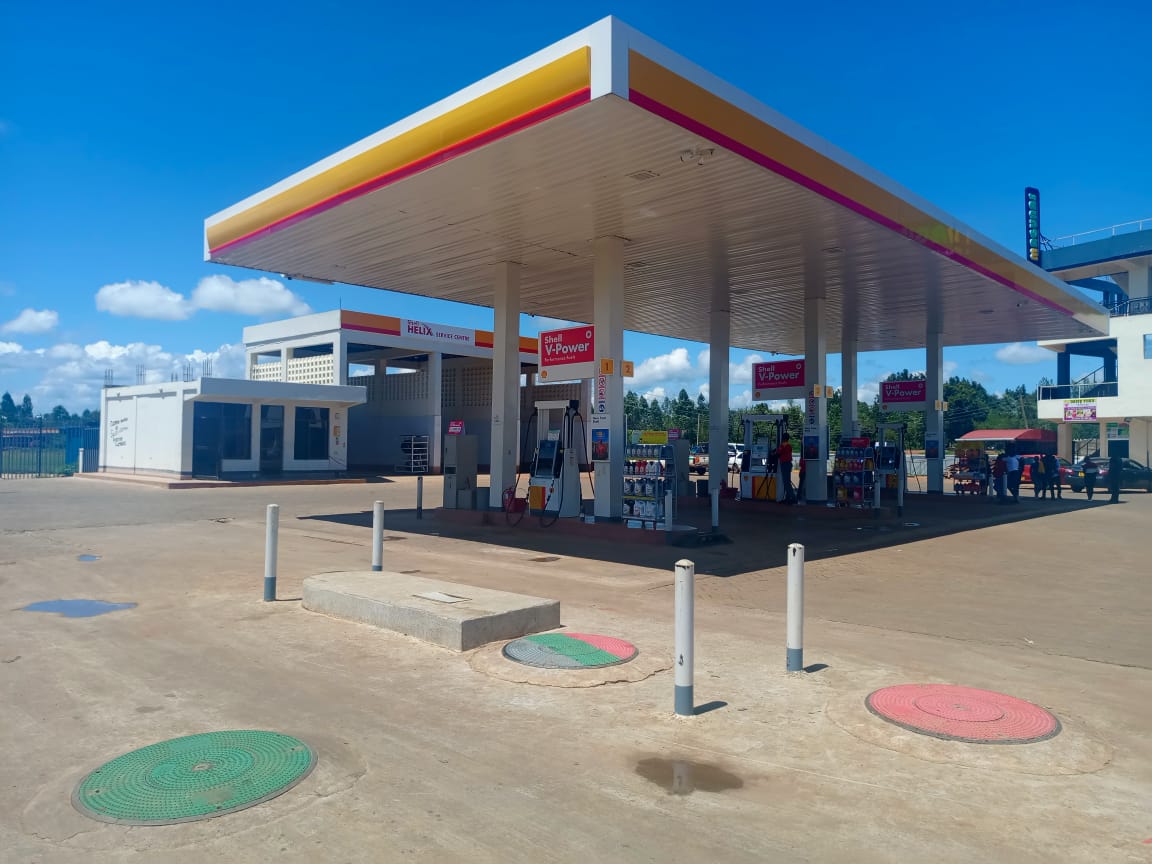Kenya has become one of the fastest-growing economies in Africa, with a diverse profile in agriculture, culture, sports, investment, and real estate development. Here’s a detailed look at each sector:
1. Economic Growth
- Growth Rate: Kenya’s economy has shown resilience and growth, especially in sectors like services, telecommunications, and financial technology (FinTech). Although it faced challenges during the COVID-19 pandemic, recovery has been steady. In recent years, GDP growth has ranged from 4-6% annually, driven by infrastructure, tourism, and agriculture.
- Key Industries: The primary drivers of Kenya’s economy are agriculture, tourism, and increasingly, digital services, as Nairobi is considered the “Silicon Savannah” due to its vibrant tech ecosystem.
2. Agriculture
- Importance: Agriculture is the backbone of Kenya’s economy, contributing about a third of the GDP and employing approximately 70% of the rural population.
- Exports: Kenya is a major exporter of tea, coffee, and flowers, among its highest revenue-generating commodities. The floriculture industry, for example, is highly competitive globally.
- Challenges: The sector faces climate change, unpredictable rainfall patterns, and overreliance on traditional farming methods. However, there’s been a push towards adopting smart agriculture and climate-resilient crops, which could improve productivity.
3. Culture
- Diversity: Kenya has over 40 ethnic groups, each with unique traditions, languages, and practices. The Maasai, Kikuyu, Luo, and Luhya communities are some of the most prominent.
- Tourism and Heritage: Cultural tourism is a significant draw, with visitors interested in Maasai traditions, Swahili culture along the coast, and various national festivals. Nairobi, as a major metropolitan city, is also a hub for art, film, music, and literature.
- Language: English and Swahili are the official languages, that aid in business and tourism, providing a friendly environment for foreign investors.
4. Investment Climate
- Business-Friendly Environment: Kenya ranks favorably for ease of doing business in Africa, benefiting from regulatory reforms that encourage foreign direct investment (FDI). The government has been promoting key sectors like manufacturing, affordable housing, universal healthcare, and food security under the Big Four Agenda.
- Special Economic Zones (SEZs): Kenya has developed SEZs, such as those in Naivasha and Mombasa, offering tax breaks and incentives for investors, especially in manufacturing and logistics.
- Challenges: Although Kenya has made strides in reducing corruption and improving transparency, regulatory bottlenecks and bureaucracy still present challenges.
5. Sports
- Achievements: Kenya is globally recognized for its prowess in athletics, particularly in long-distance running. Kenyan runners have set world records and have won numerous international competitions, which has bolstered national pride and visibility.
- Development: Beyond athletics, Kenya is investing in other sports like rugby and football, and the government is building sports infrastructure to develop talent and attract international tournaments.
- Tourism: Sports tourism is growing, with events like the Nairobi Marathon drawing participants and visitors worldwide, further stimulating the economy.
6. Real Estate and Property Development
- Growing Demand: Kenya’s real estate sector is booming, with high demand for residential, commercial, and industrial properties, especially in urban areas like Nairobi, Mombasa, and Kisumu.
- Middle-Class Growth: A rising middle class is driving demand for affordable and mid-range housing. The government’s affordable housing initiative aims to increase homeownership and has opened doors for investors in this sector.
- Tourism and Hospitality: Property in prime tourist locations, such as near game reserves and coastal areas, is also popular for investment. These areas see high demand for short-term rentals and resort developments.
- Challenges: High land prices and the cost of construction can be a barrier, as can regulatory hurdles. Additionally, real estate investments in Kenya require careful due diligence due to complex land ownership laws.
Conclusion: Is Kenya Good for Property Development?
- Kenya is generally favorable for property development, particularly in urban centers and tourist hotspots. With the government’s emphasis on affordable housing, the growing demand from a youthful population, and the continued economic growth, there are opportunities across the residential, commercial, and hospitality sectors. Investors should consider Nairobi and Mombasa for urban developments and coastal or scenic areas for tourism-related properties.


